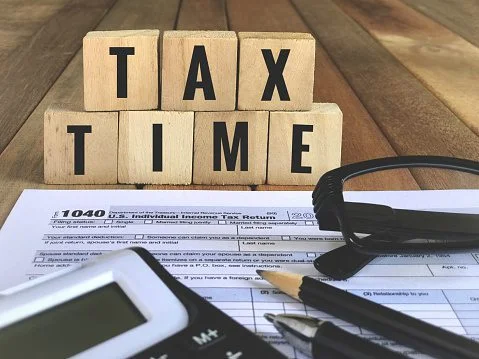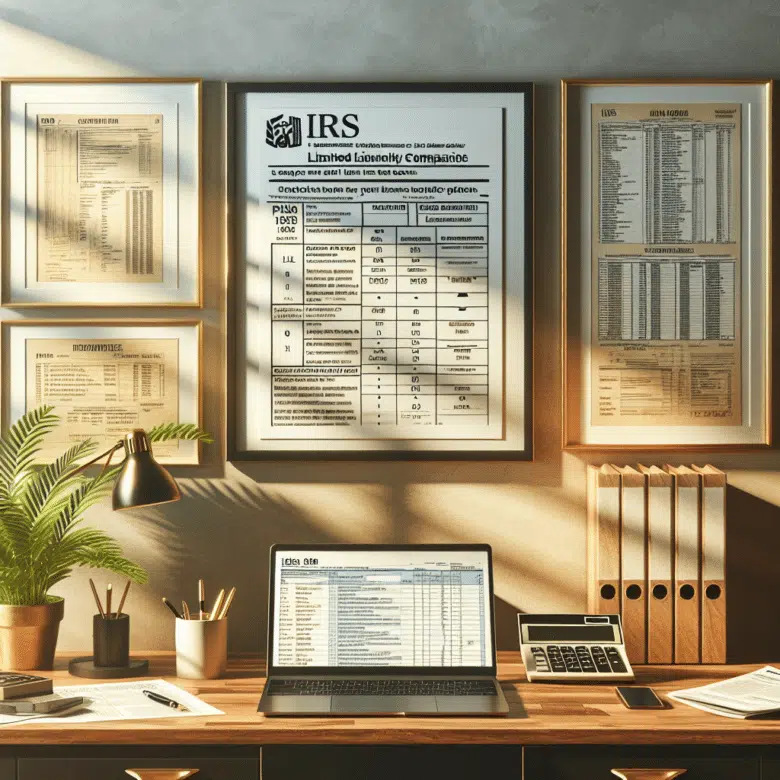Tracking Business Mileage to Comply with the IRS Tax Laws
YES, you need a mileage log for tracking business mileage and keeping track of detailed mileage for business travel. Running a business often entails frequent commute and travels for meetings with customers, the office to project sites, and other business errands. Most businesses run plenty of errands and in a year, these miles add up considerably. The Internal Revenue Service (IRS) allows business owners who operate a vehicle for business to deduct the cost of business-related travel from your taxes by keeping track of mileage for both business and personal use as Tax expenses at tax time.
Business owners need to substantiate (track mileage every day) the amount of your mileage, your time, and the purpose of every mileage deduction.
Mileage also comes into the picture when the vehicle is used for charity, medical or moving purposes. In 2024, the deductions per mile suggested by the IRS are:
For 2024
- $0.70 for business use,
- $0.14 for charity
- $0.21 for medical uses and for moving
While it is not mandatory to deduct your mileage, taxpayers can utilize the mileage allowance to assess the cost of owning and operating the vehicle for tax-deductible purposes.
Why do you need a mileage log for deduction?
To claim any auto mileage tax deductions, your business needs to maintain meticulous records of the mileage driven, including personal miles. While many businesses record the driving on a weekly or monthly basis, this after the fact method will not meet the requirements of the IRS when the records are audited. The frequency of audits for business vehicle expenses has risen in recent times. Efficient Ways for Tracking Business Mileage.
The only way out of this is to keep separate records, including receipts for all driving expenses, and using a mileage tracker, such as the automatic mileage tracking tool, can make this significantly easier for independent contractors and self-employed individuals. Additionally, it is important to clearly document the purpose of your trip in your mileage log, as this information is required by the IRS for tax deductions using different methods, including the standard mileage rate.
Business Mileage Tracking
The IRS requires businesses to maintain detailed documentary evidence of the mileage, including the time of the trip and odometer readings at the start and end of the year. This mileage log is part the normal Tax accounting for your business. This mileage log is necessary for the deduction and the IRS most likely will ask for it if you are audited. Failure to have a proper log will result in your mileage deduction to be disallowed.
The Mileage Log should track:
Date and time of the business trip
Your starting location
Your ending location
Purpose of the trip
Starting Odometer Reading
Ending Odometer Reading
The best, and easiest way, to accurately record the mileage is to use a mileage log. With plenty of mileage log templates, mileage log websites, and apps available, it can be difficult to know which one to use to keep accurate records. The cheapest way to record your miles is to write them down in a notebook or paper. While this method is inexpensive, there are risks of misplacing the book or paper, forgetting to record a drive, and entering the wrong date or drive details. It is important to record the initial and final odometer readings to calculate the total mileage for each trip.
Mileage log options
Furthermore, there are other mileage log options that help streamline your record-keeping and minimize errors. One of the free options is a phone tracker option from stride.
Spreadsheets for tracking miles
A mileage log spreadsheet eliminates the need for manual calculations and can be opened and used on your smartphone. Calculations become easier on spreadsheets, but you will still have to manually record the drive each time that can make your entries error prone.
The basic mileage triplogs
A free mileage log template will best serve the needs of businesses, particularly startups and small businesses that prioritize cutting down on expenses. pdfFiller offers a free, printable version of the mileage log template with ample space for recording the most crucial details including:
- Name/ID:
- Year
- Vehicle
- Driver
- Preparer’s Initials and Date
- Reviewer’s Initials and Date
- Date of driving
- Beginning Odometer
- Ending Odometer
- Business Miles
- Destination
- Business purpose
- Miscellaneous expenses and notes
- Driver’s Initials
With a slew of PDF editing tools, pdfFiller makes it easy to fill the columns, edit the document, add a digital signature, print, share and email the mileage log. You can download the free printable fillable pdf mileage log form here.
Other free mileage log templates
There are multiple other options when it comes to free mileage logs. TemplateLab at (https://templatelab.com/mileage-log/) has 30 different types of free mileage log templates in Word, PDF, and Excel formats that are easy to use. Some websites also provide a mileage calculator along with a free mileage log template.
Business Mileage Tracking Apps
While there are plenty of mileage tracking apps available, look for ones that offer standard reporting, automatic tracking, and security. With automatic tracking and automation, there is no need for you to manually start or stop the tracking of drives. The downside can be that some apps are expensive as compared to spreadsheets or manual log templates.
However, finding the best mileage tracker app, such as the top-rated mileage app for 2024, that efficiently logs and tracks business mileage and expenses, including expense reimbursements and trip information, automatically and categorizes trips as business-related or personal vehicle is essential. With that in mind, we have compiled the six best mileage tracking apps, including the best mileage tracking software, with route planning and the innovative triplog feature for small businesses. These mileage trackers, which can be easily accessed and managed through a credit card, are a powerful tool for managing employee mileage and business expenses, making them a valuable asset for any business.
One of the best tracking apps that we found
Check out the FREE phone tracker option from stride.
https://www.stridehealth.com/tax
Why is it important to track business mileage?
It is important to track business mileage for tax and reimbursement purposes. By accurately tracking mileage, you can claim deductions on your taxes and ensure that you are reimbursed for any business-related travel expenses. This helps you save money and maintain proper financial records for your business.
What are some methods for tracking business mileage?
Some methods for tracking business mileage include keeping a mileage logbook, using mileage tracking apps or software, using GPS tracking devices, and utilizing expense tracking tools that allow you to input mileage information. Choose the method that works best for your needs and preferences.
How can tracking business mileage help with taxes?
Tracking business mileage can help with taxes by allowing business owners to claim mileage deductions on their tax returns. The IRS allows for mileage deductions for business-related travel, which can significantly reduce taxable income and result in lower tax liability.
How long should records of business mileage be kept for tax purposes?
Records of business mileage should be kept for a minimum of 3 years for tax purposes. It is important to retain accurate mileage records in case of an audit or any inquiries from the tax authorities.
Why do we need a mileage tracking app for business?
A mileage tracking app for business is essential because it allows you to accurately track and record the mileage you drive for business purposes. This helps you calculate your business expenses, claim tax deductions, and provides a clear record for reimbursement or audit purposes. If you don’t properly track your mileage in the manner the IRS requires, you will lose your deductions when you are audited.
See our Short Mileage Story… Also Read




